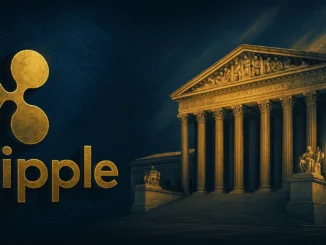
Durov Shuns Call to Censorship Before Romanian Election
Telegram founder Pavel Durov wrote on May 18 that an official from one of the European Union countries attempted to compel the platform to censor right-wing opinion before the presidential election in Romania. Durov rejected the appeal, which he called an insult to democratic values.
In his Telegram post, Durov declined to name the country but alluded to France when he inserted a baguette emoji. “You can’t ‘defend democracy’ by destroying democracy,” he posted. “You either have freedom of speech and fair elections — or you don’t. And the Romanian people deserve both.”
Controversial Arrest in France Raises Concerns
This follows the arrest of Durov in France in August 2024, which ignited huge anger. The crypto community and digital rights groups termed the arrest as politically motivated, citing that the arrest was intended to pressure him into content moderation under EU authority.
French President Emmanuel Macron insisted there was no political motive behind the actions, indicating in an August 26 X post that France is a proponent of free expression. Critics were unconvinced, pointing to the disconnect between Macron’s words and France’s actions.
Critics Blast France’s Tactics
Durov noted that Telegram has a French attorney to handle official law enforcement demands. But French authorities bypassed that avenue and issued an arrest warrant directly. That, he said, went against legal conventions.
Helius Labs CEO Mert Mumtaz wrote, “You can’t keep founders personally liable… and at the same time say you are strongly committed to freedom of expression.” Others, including Rumble CEO Chris Pavlovski, echoed the same sentiment, citing that the French government utilizes legal tools to muzzle platforms.
Telegram Stands Firm on Free Speech
Durov has been an outspoken privacy and internet freedom supporter for years, particularly beloved by the crypto and tech communities. His latest refusal to censor content ahead of the nation’s largest election cements Telegram’s reputation as a free-expression platform — regardless of political pressure.


